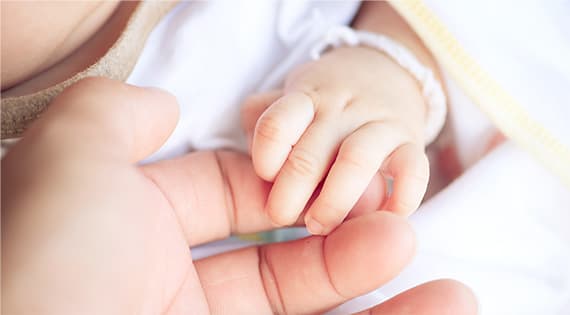Ovulation induction

Ovulation disorder can be the reason of couple’s infertility. The most common causes of failure to ovulate are stress, weight fluctuations and Polycystic Ovarian Syndrome (PCOS) In cases when women fail to ovulate infertility can be treated using special medication to induce ovulation.

Reasons to induce ovulation:
- declining ovarian reserve (i.e. reduced amount of potential egg cells), due to age-related changes;
- ovarian disorders, i.e. polycystic ovary syndrome;
- endocrine disorders.
Lets go into a little bit of details of the procedure. On the first attempt of inducing ovulation, doctors often use Clomid, a fertility medication (active ingredient: clomiphene), which increases the production of pituitary hormones that stimulate ovarian activity and thus induces ovulation.

Originally Clomid was aimed as a contraceptive, but now is used to achieve the opposite result. In cases where Clomid doesn’t induce ovulation, which happens, a doctor can prescribe medication from other group i.e. (Menopur, Gonal, or Puregon — so called FSH: follicle stimulating hormones).
Stimulation injections are to be taken on a daily basis. Our fertility nurse will show you or your partner how to administer these injections.
The consumption of FSH hormone starts on the 5th day of a menstrual cycle. Your response to the FSH injections will be monitored by vaginal scans, which measure the number and size of the follicles within the ovaries. The first scan is usually done six or seven days after starting the injections, and further scans will be needed. We aim for at least three follicles measuring between 18 and 20 millimetres in diameter before we book your egg collection.
FSH injections are usually prescribed for 10 — 14 days depending on your dose and usage. When follicles become 18 — 20 millimetres and the hormones are at the appropriate level, you will have an injection of hCG (human chorionic gonadotropin, a hormone produced by pregnant women) to trigger ovulation. It is essential to have hCG injection 36 hours before the egg collection. The timing of this injection is important. If the eggs are collected too soon they will not be mature and are unlikely to fertilise; if the collection takes place too late after the hCG injection, you may have already ovulated and released your eggs before collection.
Ovarian stimulation may be cancelled for one of these reasons:
- a poor ovarian response to stimulation
- or ovarian hyperstimulation syndrome (OHSS).

appointment Will be glad to answer any of your questions
- РУ
- EN
- CN






